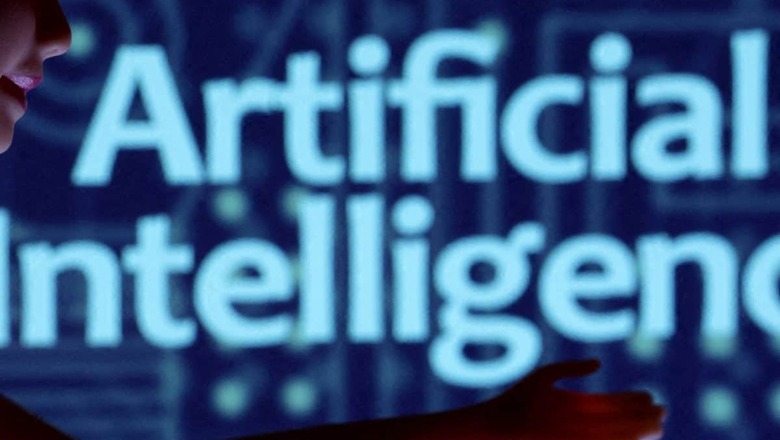
views
The Global Partnership on AI (GPAI) Summit in New Delhi witnessed significant deliberations among ministers from India, the UK, and Japan, shedding light on the pivotal role of regulations, trustworthiness, and the global interconnectedness of artificial intelligence technologies.
India’s strategy
Rajeev Chandrasekhar, minister of state for electronics and information technology, emphasised the need for a comprehensive approach towards AI governance. Chandrasekhar highlighted the Indian government’s strategy of focusing on creating clear and enforceable guardrails around AI platforms, steering the conversation away from reactive endpoint regulations. Stressing on the importance of global alignment, he affirmed the necessity for like-minded countries to establish fundamental principles as a precursor to detailed legislation.
Chandrasekhar further unveiled India’s plans to bolster AI infrastructure by significantly enhancing computing capacities, both in the public and private sectors. The government aims to facilitate this growth by providing access to extensive and diverse datasets, fostering an environment conducive to AI innovation and research.
UK’s stand
Viscount Camrose, the UK’s minister of AI and intellectual property, echoed Chandrasekhar’s sentiments on the necessity of trustworthy artificial intelligence innovation. Camrose underscored the symbiotic relationship between regulation and innovation, asserting that successful advancements in AI hinge upon ensuring its safety and reliability. He highlighted the Bletchley declaration, which underscores the UK’s commitment to innovating AI while prioritising its safety and trustworthiness.
Additionally, Camrose pointed to the global nature of AI development and the need for a harmonised, interoperable system of regulations across nations. He underscored the importance of inclusive global ecosystems, a sentiment echoed by the discussions at GPAI and Bletchley summits.
Japan’s focus
Hiroshi Yoshida, Japan’s vice minister of policy coordination, highlighted the positive potentials of AI while acknowledging the associated risks. Yoshida stressed the importance of leveraging AI safely, stressing recent agreements within the G7 nations on a comprehensive policy framework. This encompasses an international code of conduct for organisations involved in advanced AI systems, guiding principles for all AI actors, and collaborative projects.
Yoshida also shed light on Japan’s specific challenges, notably the language barrier, and unveiled efforts towards developing AI translators. He showcased Japan’s strides in this domain through an application capable of translating Japanese into seven other languages, addressing a critical need within the country.
The summit further showcased a convergence of perspectives, emphasising the urgency for collaborative efforts in shaping a globally harmonised regulatory framework for AI governance. The discussions underscored the need for balance—innovating AI while ensuring its responsible and safe deployment, echoing a sentiment shared by nations at the forefront of artificial intelligence advancements globally.




















Comments
0 comment